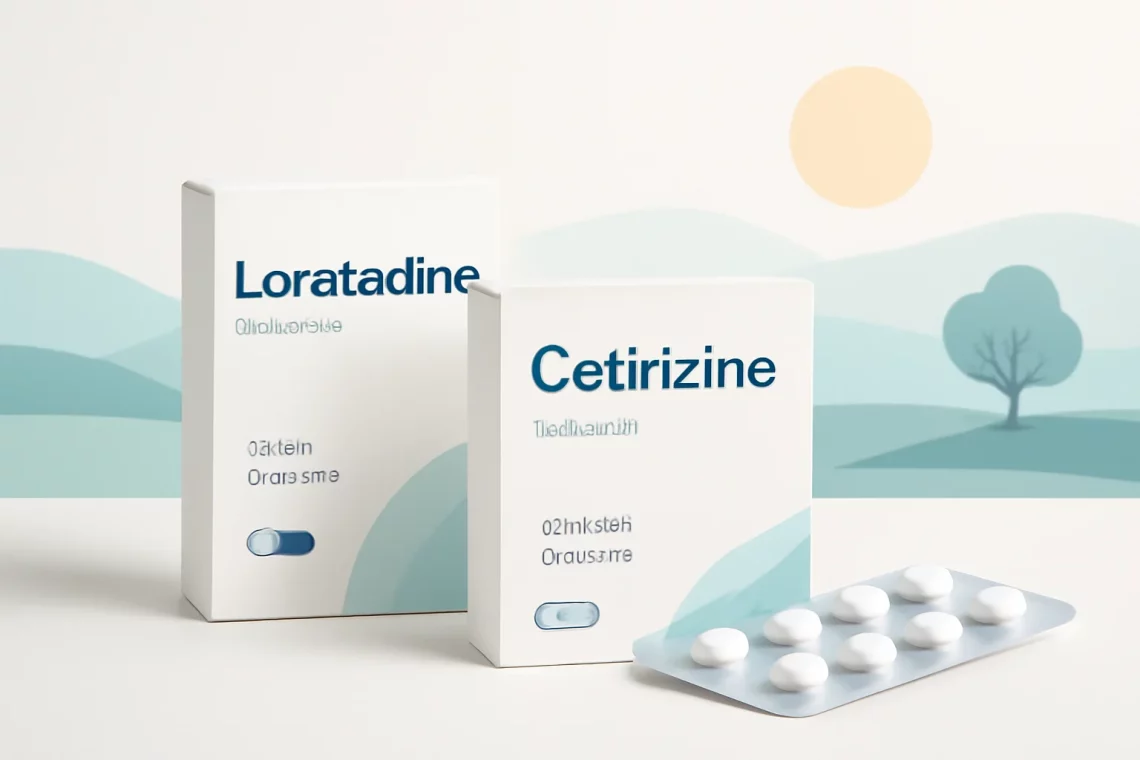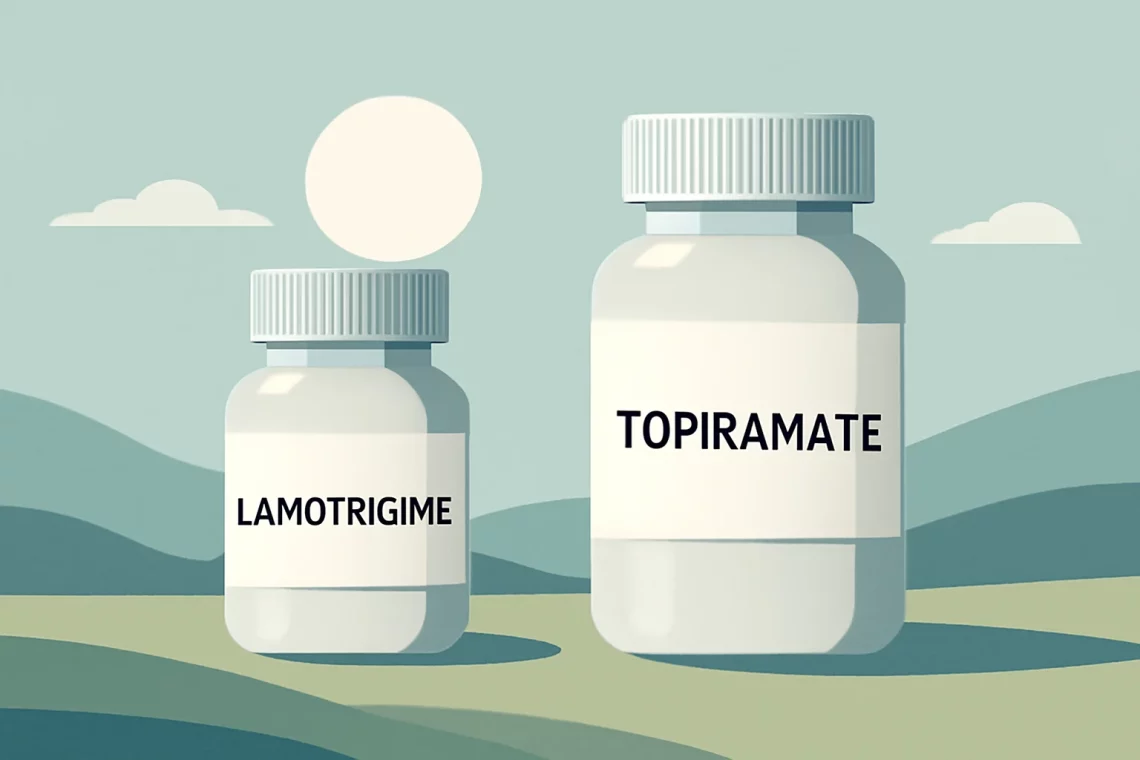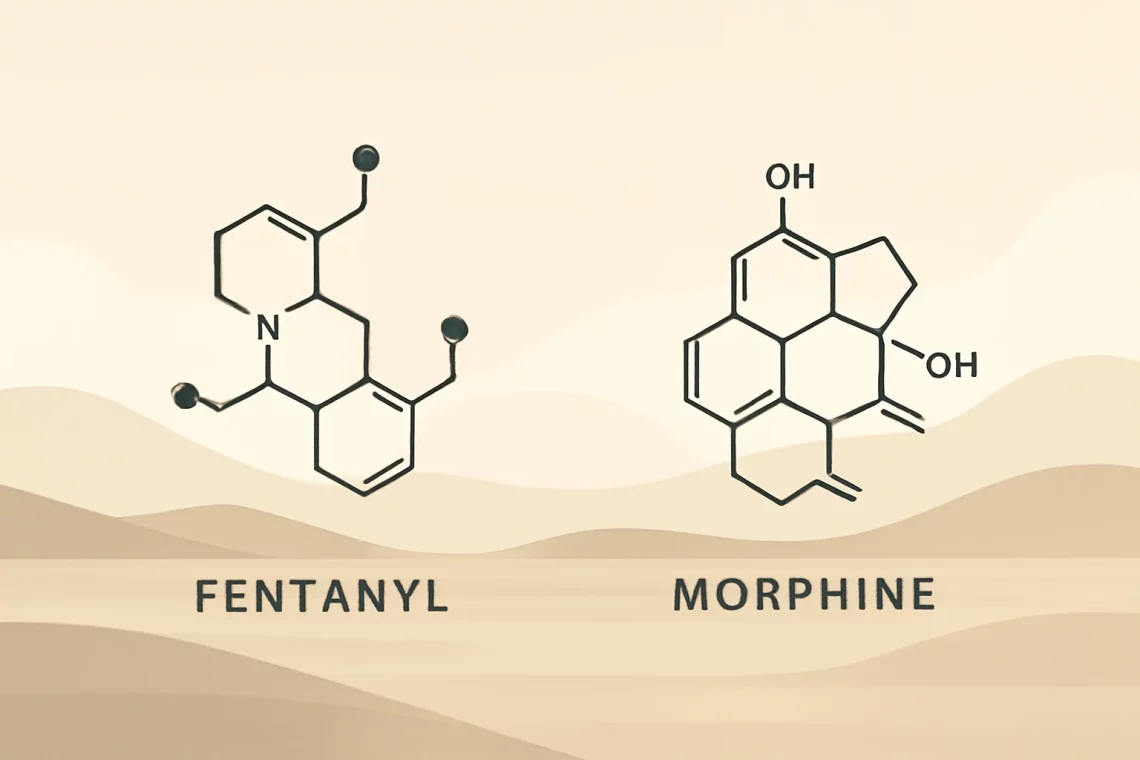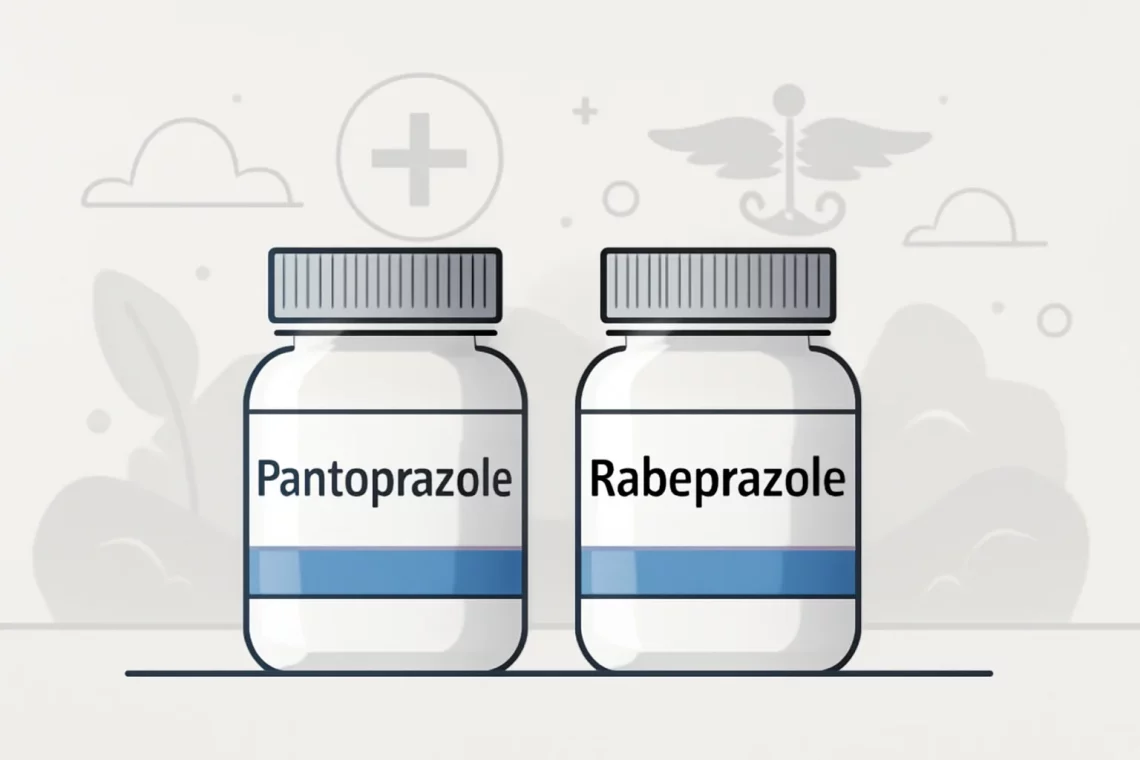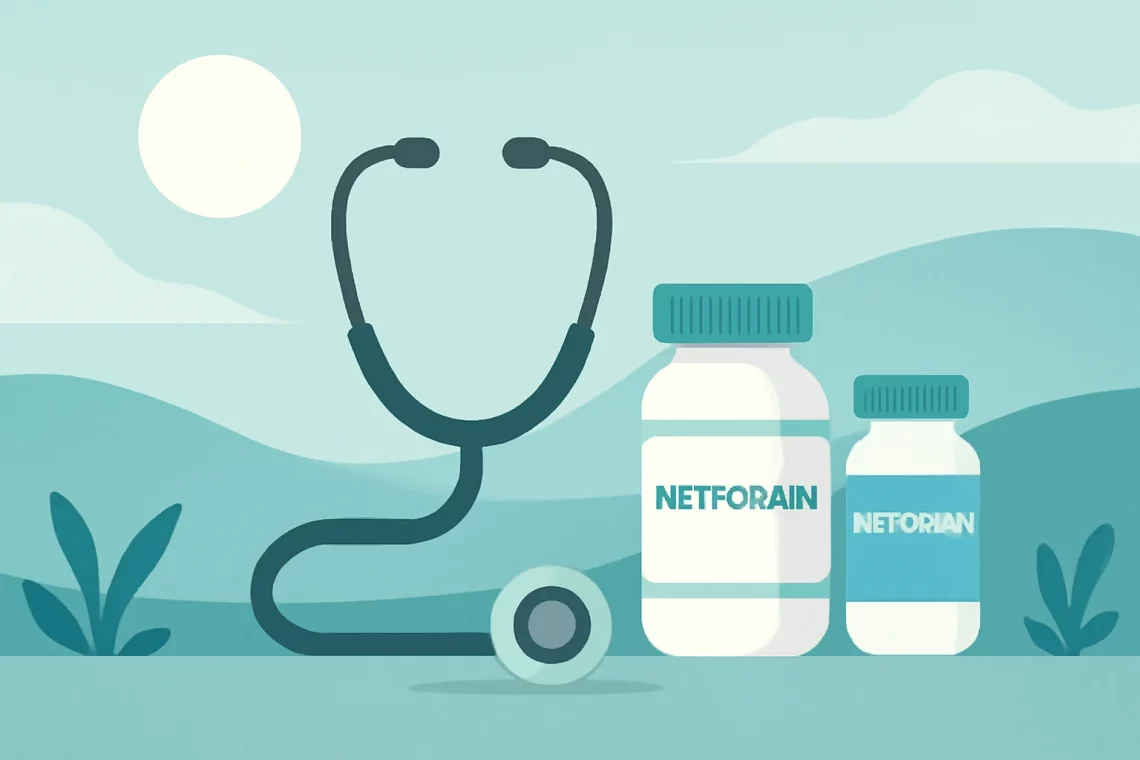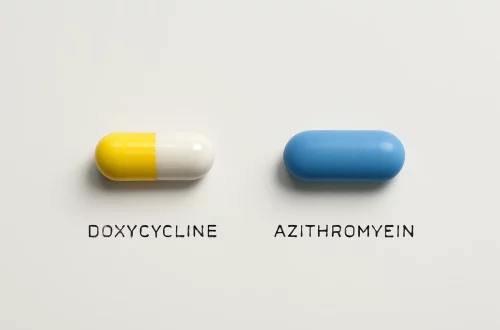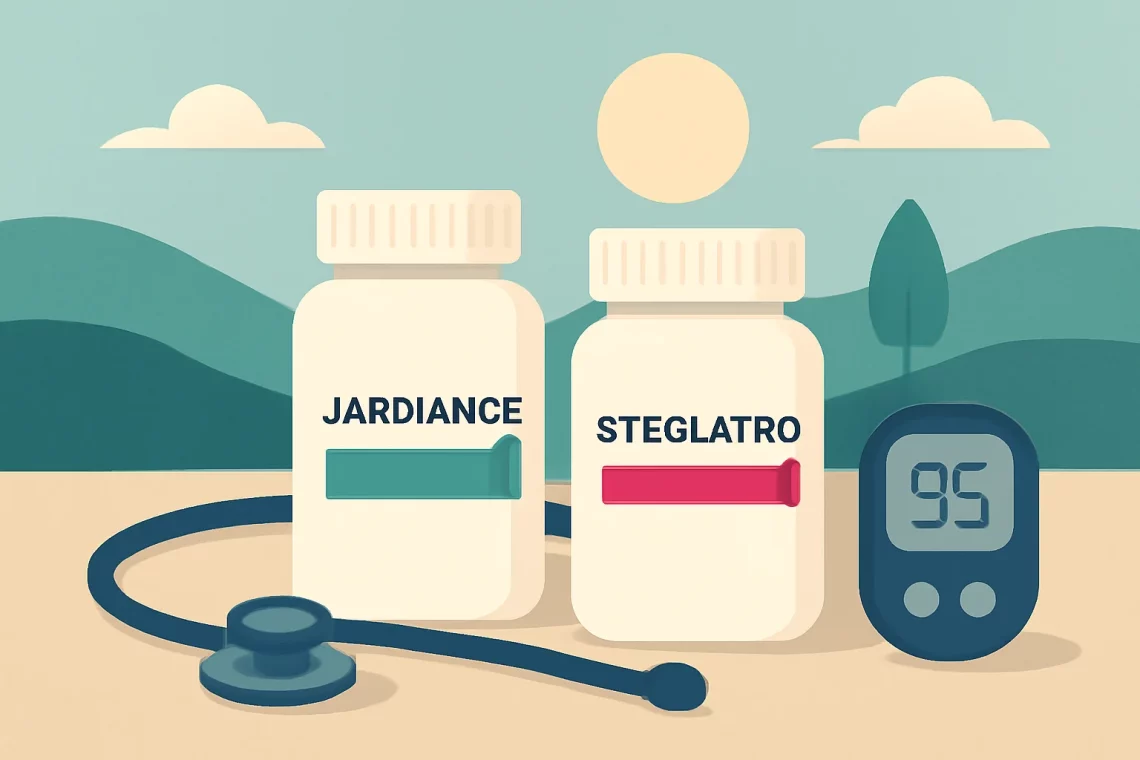-
Xanax vs Hydroxyzine: Key Differences and Uses Explained
Xanax and hydroxyzine are two medications that are often prescribed for anxiety and related conditions. While both are effective in managing symptoms, they operate through different mechanisms and have distinct profiles. Xanax, which belongs to the benzodiazepine class of drugs, is commonly used for the short-term relief of anxiety and panic disorders. Its fast-acting nature and potential for dependence make it a medication that requires careful monitoring. On the other hand, hydroxyzine is an antihistamine that is often used as a sedative to treat anxiety and tension. Unlike Xanax, hydroxyzine is not classified as a controlled substance, making it a safer option for some patients. It’s important to understand the…
-
Loratadine vs Cetirizine: Which Allergy Medication Is Right for You?
Allergies can be a nuisance, affecting millions of people worldwide. Seasonal changes, pet dander, dust mites, and various environmental factors can trigger allergic reactions, leading to symptoms such as sneezing, itching, and nasal congestion. As the demand for relief from these symptoms grows, many individuals turn to over-the-counter antihistamines. Two of the most popular options are Loratadine and Cetirizine. Both medications belong to the class of second-generation antihistamines and are commonly used to alleviate allergy symptoms. However, despite their similar purposes, they have distinct differences in their effectiveness, side effects, and usage guidelines. Understanding these differences can help individuals make informed choices about which medication may be more suitable for…
-
Lamotrigine vs Topiramate: Choosing the Right Medication for You
Lamotrigine and Topiramate are two medications commonly used in the management of neurological disorders, particularly epilepsy and bipolar disorder. As the understanding of these conditions has evolved, so too have the treatment methodologies, leading to the development of diverse pharmacological options. Both Lamotrigine and Topiramate belong to a class of drugs known as anticonvulsants, but they have unique mechanisms of action, side effect profiles, and indications that can influence a clinician’s choice when prescribing for their patients. Patients and healthcare providers alike are often faced with decisions about which medication to choose, weighing factors such as efficacy, side effects, and individual patient needs. Understanding the nuances of each medication is…
-
Glipizide vs Glyburide: Which Diabetes Medication is Right for You?
Glipizide and glyburide are two widely prescribed medications used to manage type 2 diabetes. Both belong to a class of drugs known as sulfonylureas, which work by stimulating the pancreas to release insulin, thereby lowering blood sugar levels. Diabetes is a chronic condition that affects millions of people worldwide, and effective management is crucial for preventing complications associated with the disease. As the prevalence of diabetes continues to rise, understanding the various treatment options becomes increasingly important. While both glipizide and glyburide serve the same purpose, they possess distinct characteristics, mechanisms of action, and side effect profiles. This creates a scenario where patients and healthcare providers must weigh the options…
-
Amitriptyline vs Nortriptyline: Choosing the Right Antidepressant
Amitriptyline and Nortriptyline are two medications that have garnered attention in the field of mental health and pain management. Both drugs belong to a class known as tricyclic antidepressants (TCAs), which were among the first types of antidepressants developed. Despite their similar origins, these two medications have distinct properties, uses, and side effects that make them suitable for various patient needs. Understanding the differences and similarities between Amitriptyline and Nortriptyline can be crucial for patients and healthcare providers alike. As mental health awareness continues to rise, more individuals seek effective treatments for conditions such as depression, anxiety, and chronic pain. These medications are often considered as part of a comprehensive…
-
Fentanyl vs Morphine: Understanding the Differences and Uses
Fentanyl and morphine are two potent medications commonly used in the management of pain. Their effectiveness, however, is accompanied by significant differences in their properties, effects, and potential risks. As healthcare professionals and patients navigate the complex landscape of pain management, understanding these differences is crucial. Fentanyl, a synthetic opioid, is known for its rapid onset and high potency, making it a powerful tool in acute pain scenarios, particularly in surgical settings and for patients with severe chronic pain. Morphine, on the other hand, is a naturally occurring opioid that has been used for centuries to relieve pain. Its well-established efficacy and safety profile make it a go-to choice for…
-
Pantoprazole vs Rabeprazole: Key Differences and Uses Explained
Pantoprazole and rabeprazole are two medications that belong to a class of drugs known as proton pump inhibitors (PPIs). These medications are primarily used to treat various gastrointestinal disorders, including gastroesophageal reflux disease (GERD), peptic ulcers, and Zollinger-Ellison syndrome. By inhibiting the proton pump in the stomach lining, both pantoprazole and rabeprazole effectively reduce the production of stomach acid, providing relief from symptoms associated with excess acidity. While both medications serve similar purposes and are often prescribed for comparable conditions, they differ in their chemical composition, pharmacokinetics, and potential side effects. Understanding these differences can help patients and healthcare providers make informed decisions about which medication might be more suitable…
-
Wellbutrin vs Zoloft: Choosing the Right Antidepressant for You
Depression and anxiety are increasingly common mental health issues affecting millions of people worldwide. As awareness of these conditions grows, so does the search for effective treatments. Among the various options available, two medications often discussed are Wellbutrin and Zoloft. Both are prescribed to help manage depression, but they work in different ways and have distinct profiles in terms of side effects, effectiveness, and mechanisms of action. Wellbutrin, known generically as bupropion, is an atypical antidepressant that primarily affects the neurotransmitters dopamine and norepinephrine. It is often chosen for patients who struggle with fatigue and low motivation, as it can help boost energy levels and improve mood without the weight…
-
Metformin vs Tradjenta: Which Diabetes Medication is Right for You?
Metformin and Tradjenta are two medications commonly used in the management of type 2 diabetes. Each serves a unique purpose and has a distinct mechanism of action, making them valuable tools in the treatment landscape for those managing blood sugar levels. Metformin, a biguanide, has been a staple in diabetes management for many years, primarily known for its effectiveness in lowering glucose production in the liver and improving insulin sensitivity. On the other hand, Tradjenta, or linagliptin, belongs to a newer class of diabetes medications known as DPP-4 inhibitors, which help increase insulin levels after meals and decrease the amount of glucose produced by the liver. As the prevalence of…
-
Jardiance vs Steglatro: Which Diabetes Medication is Right for You?
Jardiance and Steglatro are two medications that belong to the class of drugs known as SGLT2 inhibitors, which are primarily used to manage type 2 diabetes. As the prevalence of diabetes continues to rise globally, the importance of understanding various treatment options becomes increasingly significant. Both Jardiance (empagliflozin) and Steglatro (ertugliflozin) offer unique benefits and potential side effects that can influence a patient’s choice of treatment. The mechanism of action for these medications revolves around helping the kidneys eliminate excess glucose through urine, thus lowering blood sugar levels. Patient experience, efficacy, and safety profiles are key considerations when evaluating these medications. With the growing emphasis on personalized medicine, understanding how…




